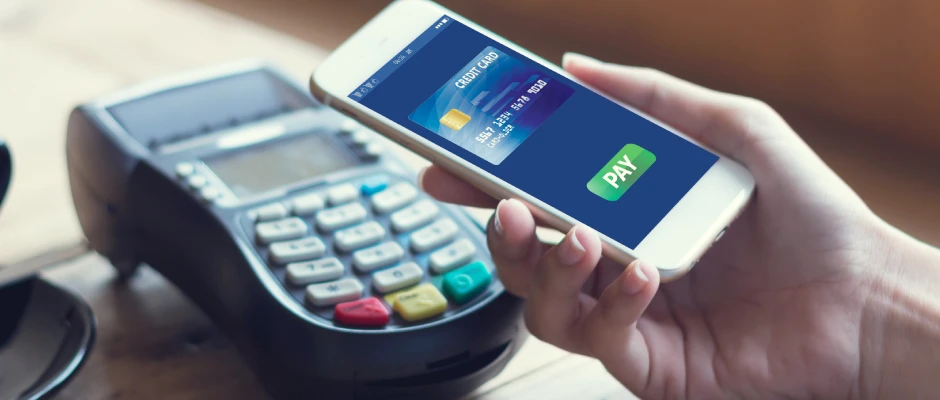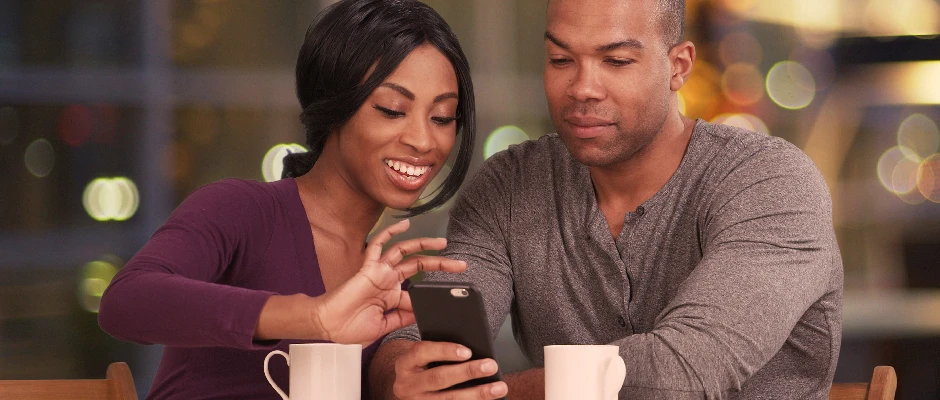There's a rich historical context surrounding the question, 'Who should traditionally pay on dates?' Looking back, the social norms were clear cut - should guy pay for dates was a rhetorical question because the answer was always 'yes'. Men were traditionally viewed as the breadwinners and providers; their role was to impress and take care of their dates. Women, on the other hand, were often the homemakers, not earning an income of their own. This dynamic made it unspoken but universally accepted, that guys were obliged to pick up the check.
Going deeper into the past, the notion of first date who pays is deeply rooted in the dating culture. A man paying was symbolic, reflecting his ability to provide and sustain a family. First date statistics indicate that during the 20th century, nearly 100% of the time, it was the men who paid for the dates. These statistics show how chivalry, in the form of men paying, was ingrained into society's consciousness.
However, the latter part of the 20th century brought about changes. With the rise of feminism, emergence of gender equality, and women becoming significant contributors to the workforce, the norms surrounding who should pay on a date started changing. Over the years, the financial responsibility began to shift. It's no longer just about the guy paying for dates. The narrative is changing, as dating is evolving, and the traditional norms are gradually being replaced with new ones.
When you delve into the current world of modern dating, one pressing question usually comes up: should a guy pay for dates? This issue has changed radically over the years.
Years ago, men were expected to pay for dates, no questions asked. In our parents' generation, the man footing the bill was the norm. This tradition was rooted in the idea that men, as breadwinners, should take on this responsibility. However, with the progress of gender equality, the dynamics have evolved.
Today, the answer isn't as straightforward. Researching first date statistics, it becomes evident that more and more women are comfortable with splitting the bill. A survey conducted by Money and SurveyMonkey found out that 78% of over 4,000 people in a heterosexual relationship believe men should pay the bill on a first date. Yet, nearly 75% of women said they offer to pay anyway.
For long term relationships, the dynamics change drastically. The question of should a guy always pay in a relationship poses a different outlook all together. It's common for couples to move towards a more equitable sharing of date expenses as their relationship grows. Typically, a shift occurs when both individuals get comfortable with each other. This manifests in sharing living expenses, date night costs, and even big-ticket items like vacations.
The generational shift and changing social norms have led to a more flexible view on who pays in modern dating. It's evident that the traditional practice of men paying for everything is overtaken by a more balanced approach, with contributions being anticipated from both parties

In the realm of modern dating, strong misconceptions often prevail. One hotly debated topic is 'should a guy always pay in a relationship?' Challenging this notion from the get-go may cause many to gawk and beg for reasons. This age-old sentiment is rooted in tradition, but let's tear apart its validity.
First, it's crucial to picture the setting where this conjecture is often exercised, primarily – the all-important first meet-up or, as we say, the 'first date who pays' scenario. Long-standing customs place the burden on the man, deeming it necessary for a good impression. But here's the catch, it's time to revamp the script! Equating a man's worth and intention with his capacity to pay isn't fair. True validation exists in gestures, manners, and effort, not in monetary form.
When considering if a guy should always foot the bill, remember that we exist in a time where gender roles aren't as rigid. The anchoring of a man's role as the constant provider in a relationship can be detrimental to both parties. It limits the man to a mainly monetary role and subtly implies that the lady isn't capable or shouldn't contribute financially.
Long-lasting love isn't about who handles the checks. It’s about mutual respect, equity, love, understanding, and equal investment from both sides. Normalizing the idea of 'going Dutch' or sharing financial responsibilities in a relationship paves the way for emotional transparency, stronger bonds, and balanced power dynamics.
Needless to say, context and personal preference are prime considerations. Finding the comfort zone between two individuals is key. But let's set it straight - a guy shouldn’t be expected to always pay in a relationship. The burden of proof, dear reader, should now be firmly debunked.

On a first date who pays the bill? This is often a tricky question! Here are some helpful tips to help get rid of the awkwardness:
The question, 'should a woman pay for a first date,' often crops up. It revolves around personal beliefs and scenarios, but there is no hard and fast rule. If you're a woman and you feel like paying the bill, do it! Dealing with the bill on the first date shouldn't be a task. Remember these two pieces of advice:
The bill-sharing issue may give you jitters, but remember: it's your personality and genuine connection that leaves a lasting impression, not who foots the bill. So, relax and let the magic of romance unfold.